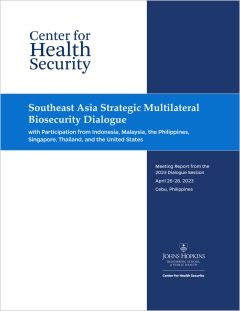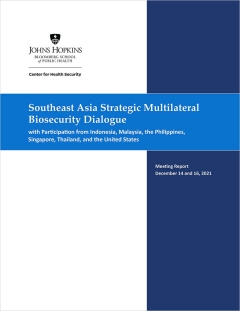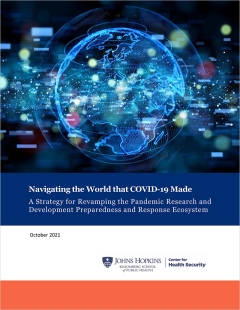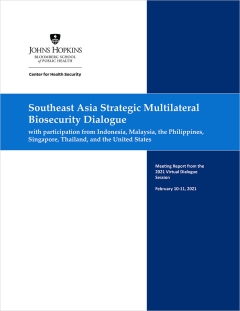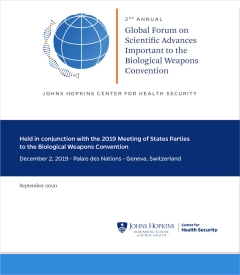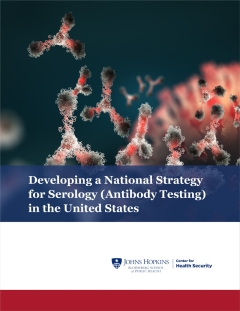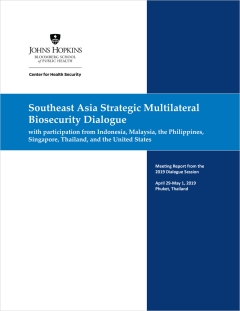During the 2014-15 domestic Ebola response, US states developed monitoring and movement restriction policies for potentially exposed individuals. We describe decision-making processes and factors in the development of these policies. Results may help health officials anticipate potential concerns and policy influencers in future infectious disease responses. Thirty individuals with knowledge of state-level Ebola policy development participated in semi-structured interviews conducted from January to May 2017. Interviewees represented 18 jurisdictions from diverse census regions, state political affiliations, and public health governance structures as well as the US Centers for Disease Control and Prevention (CDC). Limited and/or changing guidance and unique state-level public health, legal, and operational environments resulted in variation in policy responses. Federal guidance developed by the CDC was an important information source influencing state-level policy responses, as was available scientific evidence; however, other external factors, such as local events, contributing experts, political environment, public concern, news media, and the influence of neighboring states, contributed to additional variation. Improvements in timing, consistency, and communication of federal guidance for monitoring and movement restrictions at the state level—along with balanced approaches to addressing ethical concerns, scientific evidence, and public concern at the state level—are considerations for policy development for future disease responses.

